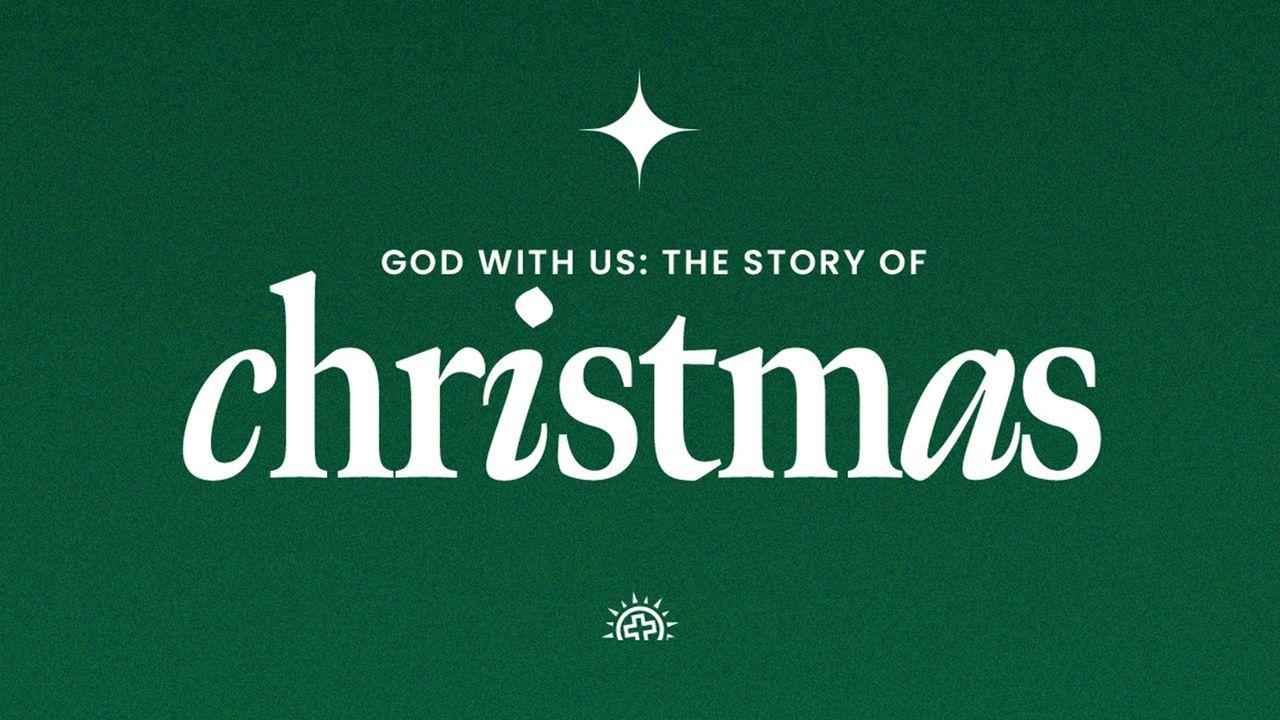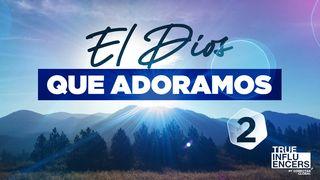Christmas: God With UsMuestra

Wise Gifts
By Danny Saavedra
“On coming to the house, they saw the child with his mother Mary, and they bowed down and worshiped him. Then they opened their treasures and presented him with gifts of gold, frankincense and myrrh.”—Matthew 2:11 (NIV)
I love receiving gifts. Video games, Funko bobbleheads, lightsabers, Mandalorian helmets, pizza ovens, espresso machines, baseball caps, and cool t-shirts. Gifts are great! But honestly, at this stage in my life, I get more enjoyment out of giving gifts. No gift I’ve received in adulthood has made me feel like I did when I was a kid, but whenever I give my kids a gift they really want, I’m filled with joy seeing the excitement and happiness on their faces and hearing, “Thank you! Thank you, Daddy!”
Today, we continue the visit of the magi, the wise men from the East who came to see and worship the King who had been born, as we consider the implications of the three gifts they brought for Jesus.
Gold
Practically, this gift would make it possible for Jesus’ family to embark on an adventure. They didn’t know it yet, but God was about to call them to relocate to Egypt (Matthew 2:13), which would be an expense beyond Joseph and Mary’s means. But God, knowing this need would come, provided the gold to make it possible for them to move forward in His will for their lives.
More than that, this was the perfect gift for a King! Only a gift of the greatest value would be fitting for the King of greatest authority, which is why they gave Jesus the gift of gold. In giving this gift, the magi were making a profound declaration that they saw, accepted, and submitted to Jesus as the ultimate power and authority on Earth, as the One who held the scepter of the universe (Numbers 24:17) and would sit on the throne forever (2 Samuel 7:13, 16). Their gold was only a faint reflection of His surpassing value, but at the same time, it was the closest thing they could offer to honor His majesty and supremacy.
Frankincense
This fragrant gift holds a precious significance in Christ’s life we can’t miss. The uniqueness of frankincense caused it to become linked to priestly activities, as they would burn incense as part of their regular duties. Incense would be burned in the Tabernacle and temple to represent the prayers of God’s people ascending to Him (Psalm 141:2). This scent served as a sensory point of contact between the people and their God. So, in giving this particular gift, the wise men were acknowledging that in addition to being a king, He was a priest—an eternal priest, because when Jesus died on the cross and ascended into heaven, He would never stop interceding on humanity’s behalf in the very presence of God, Himself (Hebrews 7:25). Even at this very moment, nearly two thousand years after His crucifixion, resurrection, and ascension, Jesus is the mediator representing God to people and people to God: “For there is one God and one Mediator between God and men, the Man Christ Jesus” (1 Timothy 2:5 NKJV).
Myrrh
As with the gifts of gold and frankincense, this gift points to something significant about Jesus. A fragrant substance used for medicinal purposes, Myrrh could be applied to wounds or even corpses to slow down decomposition.
As Jesus was being crucified on the cross, Myrrh was mixed with wine and given to Jesus. In all likelihood, the onlookers did this to sedate Him. But notice how Jesus refused to drink it, not wanting to lessen the severity of pain and punishment for our sins. There’s also another mention of Myrrh during this time we can’t miss: “Joseph of Arimathea . . . asked Pilate that he might take away the body of Jesus, and Pilate gave him permission . . . and Nicodemus . . . also came, bringing a mixture of myrrh and aloes . . . they took the body of Jesus, and bound it in strips of linen with the spices, as the custom of the Jews is to bury” (John 19:38–40 NKJV).
Can you see the significance of this gift of Myrrh? If gold indicates He is King, and if frankincense reveals He is our eternal High Priest, what does Myrrh point to? It anticipates that He would suffer and serve as our sacrifice for our sins!
As we reflect on what these gifts mean concerning Christmas and the One we celebrate on Christmas, let’s never forget the gift we received on Christmas! John 3:16 tells us that God gave His only Son so that all those who believe would receive the gift of eternal life!
Pause: Why are the gifts given by the magi so significant? What do they tell us about Jesus and His work?
Practice: We give gifts on Christmas because the wise men gave gifts to Jesus, but more importantly, because Christmas is the moment God gave us the greatest gift: His Son! Today as you prepare to celebrate this wonderful holy day, reflect on the gift of God we receive in Christ Jesus.
Pray: Father, thank You for the gift of Christ. Thank You for Christmas, for sending the King of the Universe, heavenly High Priest, and the Lamb of God who would be sacrificed to take away the sins of the world. Thank You for Your love and grace, for the peace and joy we experience in You. May I keep Christmas in my heart all year long and remember Your marvelous gift. Amen.
Escritura
Acerca de este Plan

In this 25-day Advent devotional, we'll look at the story of Christmas, starting with Genesis all the way through Matthew and Luke 1 and 2 and explore what it means that Jesus is Immanuel, "God with us."
More









